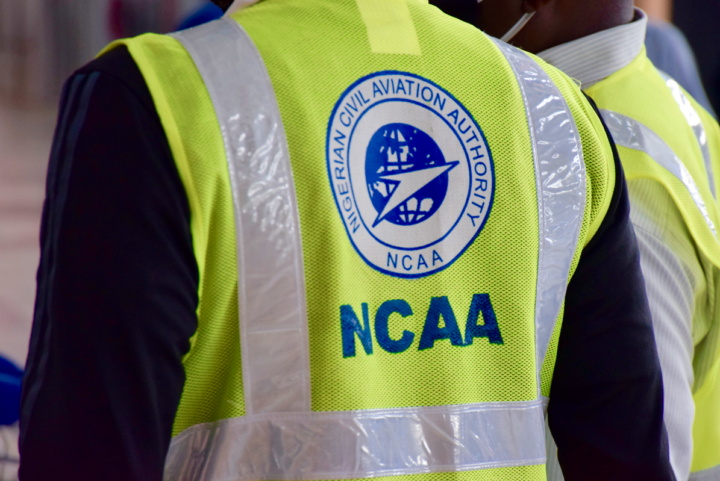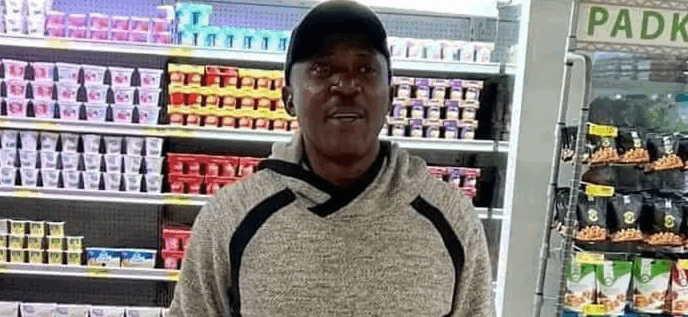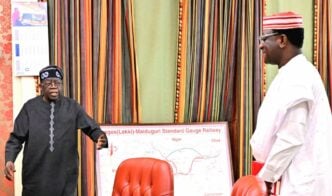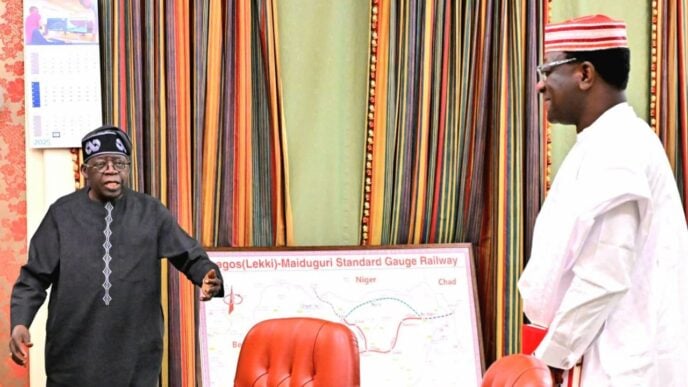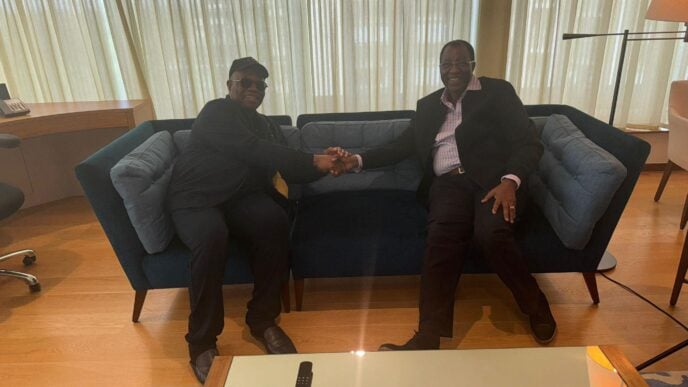WAEC
Education stakeholders are demanding a probe into the 2025 West African Senior School Certificate Examination (WASSCE) error and an overhaul of the West African Examinations Council (WAEC) management team.
The stakeholders, including teachers, students, and parents, spoke in separate interviews with NAN in Abuja.
WAEC, while originally announcing the release of results for its 2025 SSCE, had reported a sharp decline in 2025 performance compared to 2024.
Out of 1,969,313 candidates who sat for the exam across 23,554 schools, it was said that only 754,545 candidates, representing 38.32 per cent, obtained a minimum of five credits covering their core subjects (including English and mathematics).
Advertisement
Reviewing the released results, it said the grading of “serialised papers”, a feature it described as a recent innovation, was affected.
WAEC said a fresh analysis showed that 1,239,884 candidates, representing 62.96 per cent, obtained credits and above in a minimum of five subjects, including English and mathematics.
With this, the credit pass rate jumped from 38.32 per cent to significant 62.96 per cent.
Advertisement
SAME FAILURES, DIFFERENT EXAMS
The change mirrors a similar technical error that compromised the results of 379,997 candidates across 157 centres of the Joint Admissions and Matriculation Board (JAMB) earlier in the year.
Educators and non-profit founders alike contended that subjecting WASSCE, a standardised evaluation for secondary school leavers and a basic requirement for tertiary institution admissions, to “trial and error” is unacceptable.
They argued that the inconsistencies in such high-stakes exam could damage the credibility of Nigeria’s academic qualifications, both locally and internationally.
Advertisement
Ike Onyechere, founder of the Exam Ethics Marshall International (EEMI), questioned the council’s credibility and the integrity of Nigeria’s education assessment system.
“You cannot make such a serious examination, a subject of trial and error,” he said.
“Today the pass rate is 38 per cent, tomorrow it becomes 63 per cent.
“How are we supposed to trust the authenticity of these results?”
Advertisement
Onyechere called on the education ministry, the presidency, and the national assembly to launch an urgent investigation into the matter, insisting that those at the helm of affairs in WAEC should be reshuffled.
“All the ups and downs with results, is it just in Nigeria, or is it happening in Ghana, in Sierra Leone, in Gambia, all those West Africa countries?
Advertisement
“And, if it is happening only in Nigeria, then the federal ministry of education has to tell the country what exactly is going on.”
Onyechere dismissed the explanation WAEC gave on serialisation of papers as “technical excuses” that failed to address deeper administrative lapses.
Advertisement
“This is not a joke. We are gambling with the future of these students. Universities, employers, and foreign institutions rely on these results. If people can no longer trust them, the consequences will be far-reaching,” the non-profit founder added.
“So, those people with the responsibility for leadership should step up and review the matter and carry out thorough investigations with dire consequences.”
Advertisement
PARENTS, TEACHERS QUESTION CREDIBILITY OF THE WASSCE
Oluwaseun Omotubora, a teacher, said that the mass failure recorded in the earlier results also reflected how the exam was conducted.
Omotubora said one could not expect a better performance in a systemic failure which led to writing of examinations at midnight and with torchlight.
She said, upon noticing the mass failure, a WAEC should have recalled the answer sheets of the affected subjects and reviewed them to find out the problems before releasing the results.
The teacher added that WAEC should have called for a fresh exam in the affected subjects, rather than creating the avenue for doubting the integrity of the process.
A parent, Ifeoluwa Atteh, called for an independent investigation to determine whether candidates were unfairly failed or passed in either of the two results released.
Another parent, Nathaniel Adamu, attributed the error by WAEC to low investments in the education budget.
“Infrastructure, educational aids, and other facilities to achieve qualitative education are not provided, and the teachers are not well remunerated and motivated,” he said.
“In turn, teachers are not giving their best, because somebody who is not well paid will cut corners.
“We also have the challenge of examination malpractice, being encouraged by parents who are willing to do anything to ensure their children pass.”
Also, Chidinma Nwafor, a parent and teacher, said the back and forth by WAEC in the release of the results has made the council lose its credibility
Candidates who spoke to NAN said that in the earlier results released WASSCE results, they were scored D7 in both or either English and mathematics, but in the new results, they got credit in the two subjects.
Chisom Jonah, who sat for the examinations in a public school in Abuja, said her score in English Language was reviewed from D7 to C6.
“I cleared all the subjects I sat for, except the English Language, which had been reviewed now,” she said.
“I am excited about the new results because I can now pursue my university admission. I scored 230 in JAMB and I applied for Mass Communication in a federal university,” she said.
Another candidate, Favour Akindele, said her mathematics was reviewed from D7 to C4 in the results newly uploaded by WAEC.


